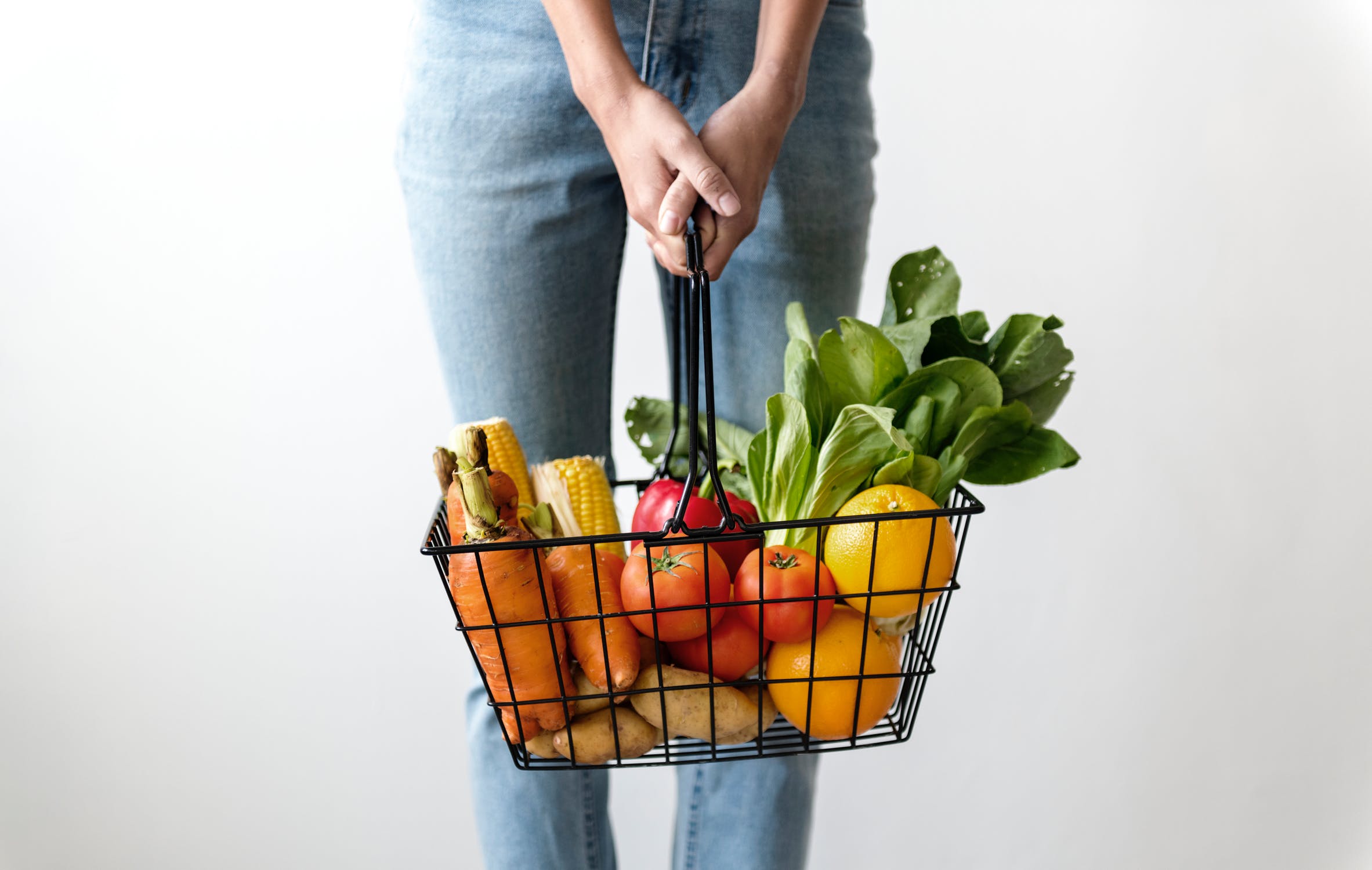Natasha Ali | Contributor
Featured Image: People choose veganism for ethical as well as health reasons.| Courtesy of Pexels
For some people, the thought of giving up meatballs with spaghetti, or cream with coffee seems unimaginable, but for many others, it is a choice they make to improve their well- being and energy levels.
Veganism involves giving up all animal products, and by- products. A vegan diet relies solely on plant-based products such as fruits, vegetables and wheat. It also includes nutritious alternatives to meat such as tofu and tempeh.
However, many vegans consider it more of a lifestyle than a diet, as they refrain from purchasing products that they believe involve animal exploitation—such as clothing, accessories or cosmetics. According to The Vegan Society, many vegans also “avoid visiting zoos or aquariums, or taking part in dog or horse racing.”
Many people choose veganism on principle, out of compassion and love for animals. One York student who wishes to remain anonymous describes another reason for choosing to go vegan: “It was actually a poster on the TTC describing the environmental effects of dairy/eggs that made me cut them out.” They say the guilt of being environmentally indifferent would weigh heavily on them.
Others opt for the animal-free lifestyle for its health benefits. Studies have shown that veganism helps with weight loss. In one particular study, participants were assigned to diets that limit calorie intake. Compared to a control group, vegan participants lost more weight over 18 weeks of observation.
Another York student who wishes to remain anonymous discusses their vegan experience. “I’ve noticed I have a lot more energy, my hair and nails grew healthier and longer. I no longer have digestive issues from dairy and I feel better eating in a way that aligns with my ethical views,” they say.
Another student notes that veganism changed their outlook on life. “This lifestyle allowed me to have a new sense of respect and empathy for all life. We do not need animal products to survive. We can obtain calcium, protein, healthy fats, iron and so much more just from plants,” they say.
Veganism has also been linked to reducing the risk of diseases that are generally caused by excessive meat and dairy consumption.
A plant-based diet lowers blood sugar levels which reduces the risk of diabetes. It also lowers the onset of cancer and heart disease.
Despite its numerous benefits, veganism also has some downsides. The biggest knock against the diet/lifestyle is that vegan options tend to be limited in grocery stores and restaurants. Particularly on campus, York students agree that they do not have many vegan options to choose from, and that they tend to be costly.
According to an anonymous student, “sometimes when I’m on campus and I forget to pack a snack I get so hungry. I don’t want to pay $10 for a vegan ‘power’ salad.” So even though veganism has undeniable advantages, sometimes the food options are not pocket-friendly, especially for students.





LIes. Vegan and vegetarian are NOT good for everyone. Figure out your Metabolic Type and proceed accordingly.